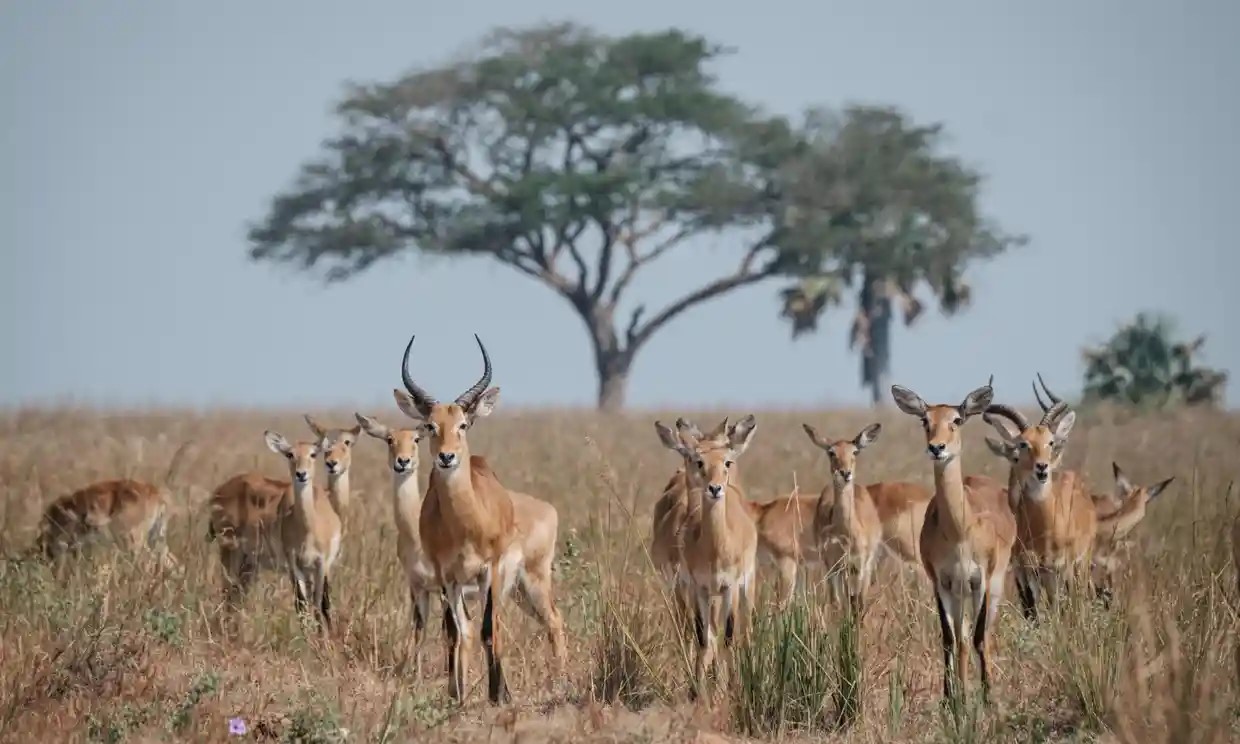Physical Address
Plot 123 Kampala, Uganda


Community-Led Conservation: Ugandans Unite for Biodiversity
In Uganda, communities are forging a powerful alliance for biodiversity through community-led conservation efforts. Faced with the challenges of preserving their unique ecosystems and wildlife, Ugandans are uniting to take ownership of the conservation process, creating a model that intertwines environmental stewardship with community development.
One of the cornerstones of community-led conservation in Uganda is the active involvement of local residents in the protection and management of natural resources. Community members are becoming stewards of their own landscapes, participating in patrols to deter illegal activities like poaching and logging. This hands-on approach not only safeguards biodiversity but also instills a sense of pride and responsibility among the people for the natural treasures that surround them.
Community-based wildlife management areas are emerging as vital hubs for conservation. In these areas, communities actively engage in sustainable land use practices, balancing the needs of agriculture and livestock with the preservation of critical habitats. Through collaborative efforts, local residents are identifying and protecting key wildlife corridors, ensuring the free movement of animals and maintaining healthy ecosystems.
Education plays a pivotal role in community-led conservation initiatives. Awareness programs are equipping communities with the knowledge and skills needed to coexist harmoniously with wildlife. By fostering an understanding of the importance of biodiversity and the interconnectedness of ecosystems, these initiatives empower locals to make informed decisions that benefit both their communities and the environment.
Eco-tourism initiatives are also gaining traction as a means of sustainable income generation for local communities. By showcasing the natural beauty and biodiversity of their surroundings, communities are attracting responsible travelers who contribute to local economies. Revenue generated from eco-tourism is often reinvested in community development projects, such as schools, healthcare facilities, and infrastructure, creating a positive feedback loop between conservation and prosperity.
In conclusion, Uganda’s community-led conservation efforts stand as a testament to the power of grassroots initiatives in preserving biodiversity. By placing the responsibility for conservation in the hands of those who live closest to the land, Uganda is creating a sustainable and resilient model that ensures the coexistence of thriving ecosystems and empowered communities. As Ugandans unite for biodiversity, they not only protect their natural heritage but also inspire a global movement towards community-led conservation as a powerful tool for environmental sustainability.